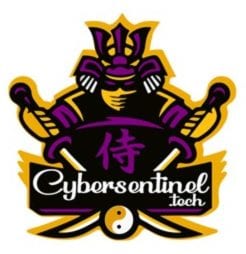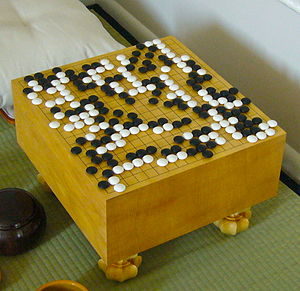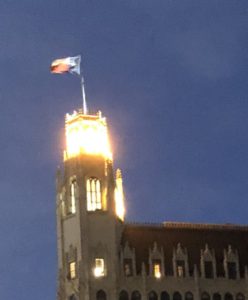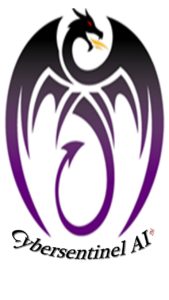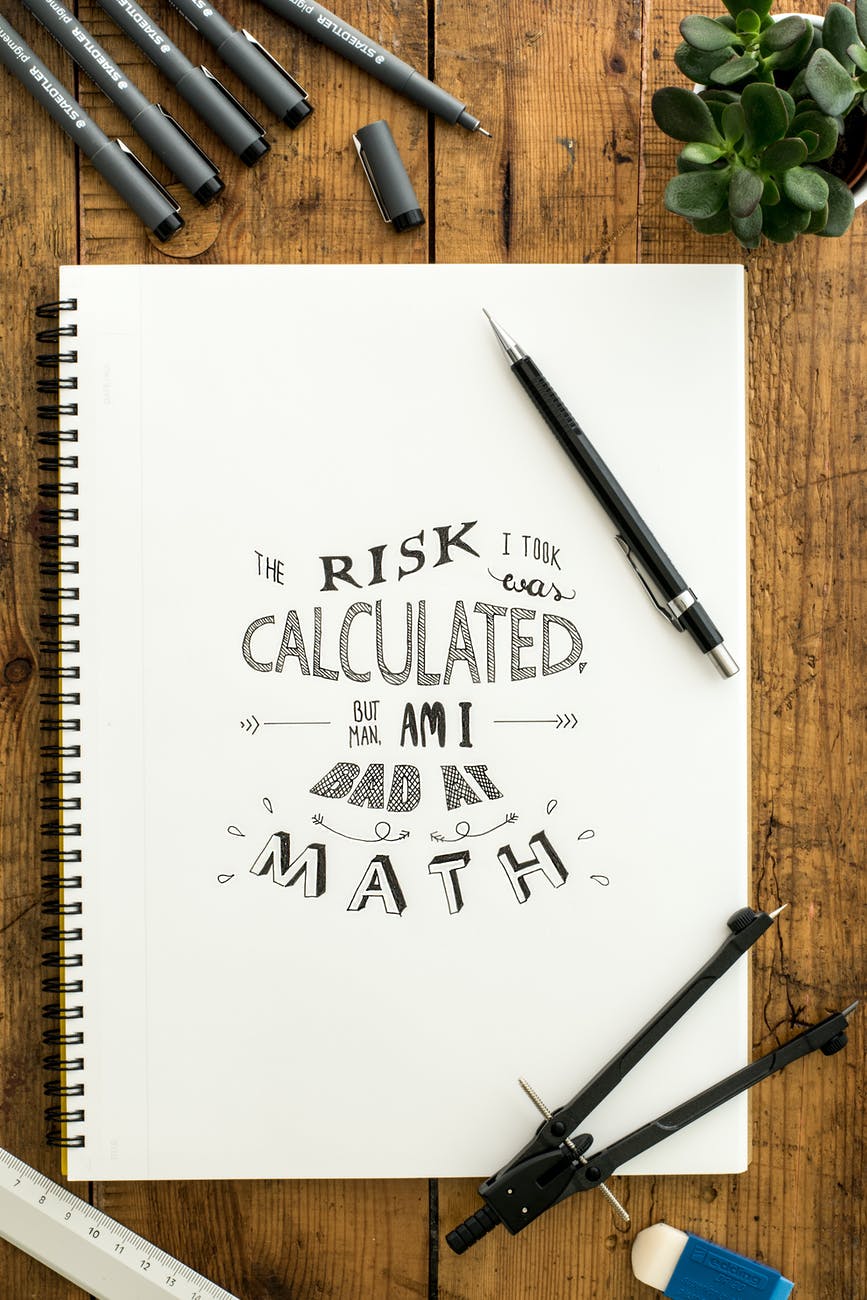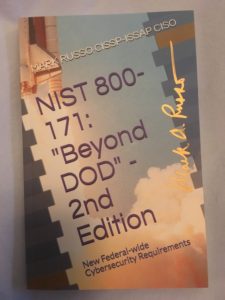Is the Dark Web All Bad?

The Differences between the “Deep” and “Dark” Web
Some people have heard of the Dark Web, many others have not. And of those people who have heard of it, most believe it to be a place for criminals and corruption. However, most things in life are not that clear cut and neither is the Dark Web! First, what is it? The internet that we know and use every day is only the surface layer, there is much more underneath. Why don’t we see it?
Websites are indexed and searchable, which is what makes Google such a useful tool. The indexes and searches are possible because of the links to the page. If someone does not want their website to be found, they don’t include direct links to the page and search engines cannot find it. The first layer beyond what we can search or what we know as the “internet,” is the Deep Web. The Deep Web consists of content that does not show up with a search, but it may be related to a website. For example, if you are on a webpage and can’t find something, you would do a search. The results of your search on that specific webpage come from content that is hosted in the Deep Web. That content cannot be found from an internet search. To understand how much we don’t see, consider that about 4% of the internet is visible to the public. That means we don’t see 96% of what is there or what is in the Deep Web (Tarquin, 2018).
Beyond the Deep Web is the Dark Web. Here, masked IP addresses are used to hide pages from search engines and browsers. While it sounds ominous, it is really only 0.01% of the Deep Web (Smith, 2018). And yes, there is criminal activity there. Everything from identity theft to pornography to drug sales to illegal guns and weapons purchasing. There have also been successful law enforcement cases. We know that it is a haven for hackers and criminals, no one can argue that. The point in this post is to answer the question: what redeeming uses does the Dark Web provide?
Privacy advocates and people that are tired of their information and data being harvested have turned to the Dark Web for a way to be online in private. Did you know there is a Facebook-like site on the Dark Web?
For people who are politically oppressed and want to report human rights abuses, they use the Dark Web to do so. Many places block their citizens from free access to the internet and the Dark Web helps solve their blackout and isolation from the rest of the world. Journalists use the Dark Web to get their stories out, when in areas of conflict where censoring could impact their voice.
For whistleblowers who fear repercussions to their loved ones and lives, newspapers (like the New York Times) have opened up sites on the Dark Web to provide an avenue to submit information anonymously (Richard, 2018).
So, the next time you hear about the Dark Web, don’t assume it’s all bad!
References
Richard (2018). How Whistleblowers Use the Darknet for Good. Retrieved from: https://darkwebnews.com/dark-web/how-whistleblowers-use-the-darknet-for-good/
Smith, E. (2018). What’s Hiding In The Dark Web? Retrieved from: https://www.truthfinder.com/infomania/dark-web/deep-web-search/
Tarquin (2018). How To Access Notorious Dark Web Anonymously (10 Step Guide) Retrieved from: https://darkwebnews.com/help-advice/access-dark-web
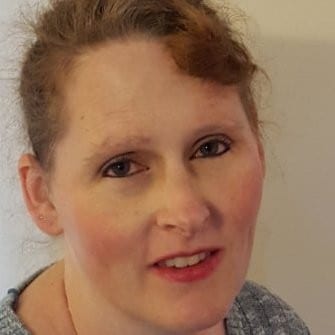
Dr. Susan Cole is a 2008 graduate of the University of Fairfax with a PhD in Information Assurance (Cybersecurity). She received her MBA from Salem International University (2007), her MA from American University in International Politics (1995), a BA from Wilson College in Foreign Languages (1994) and an AA in Mandarin Chinese (1997). For her PhD, she studied what influences the decision making process for IT and Cybersecurity managers in their recommendations to adopt and implement new security technology in their organizations. The specific technology she researched was Biometrics. She has achieved and maintains certification as both a Certified Information System Security Professional (CISSP) and a Certified Ethical Hacker (CEH). She also obtained her Certificate of Cloud Security Knowledge (CCSK). She’s held numerous positions from Cybersecurity Policy writer for an enterprise to a member of an Incident Response Team. Much of her career has focused on certification and accreditation (C&A) activities, now assessment and authorization (A&A) under NIST’s Risk Management Framework. She provided consulting support to small companies and now works as an Information System Security Officer (ISSO). Dr. Cole has been teaching since 2012 and has been involved with Colorado Technical University (CTU), Concordia University, Baker College, University of Maryland (UMUC), and Thomas Edison State University (TESU).
